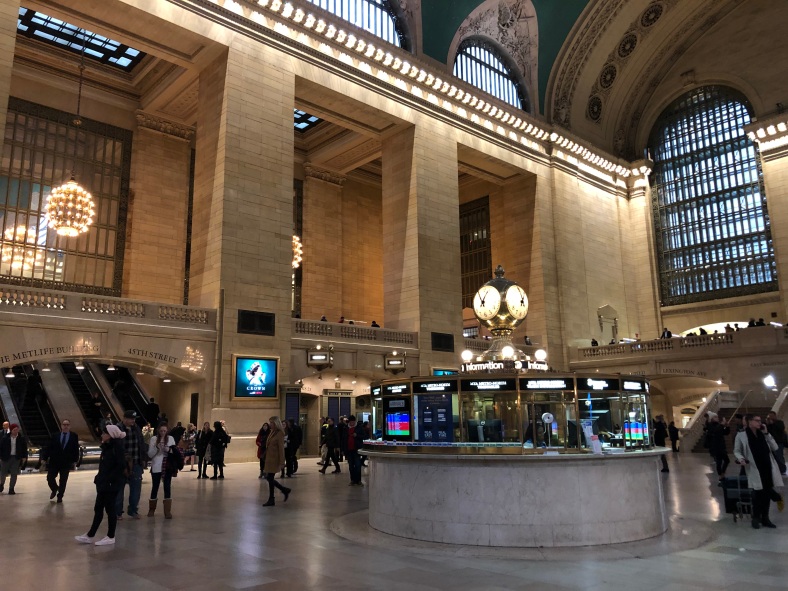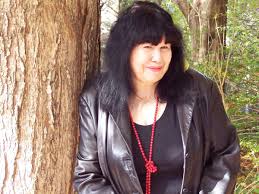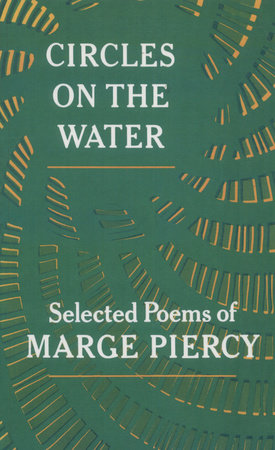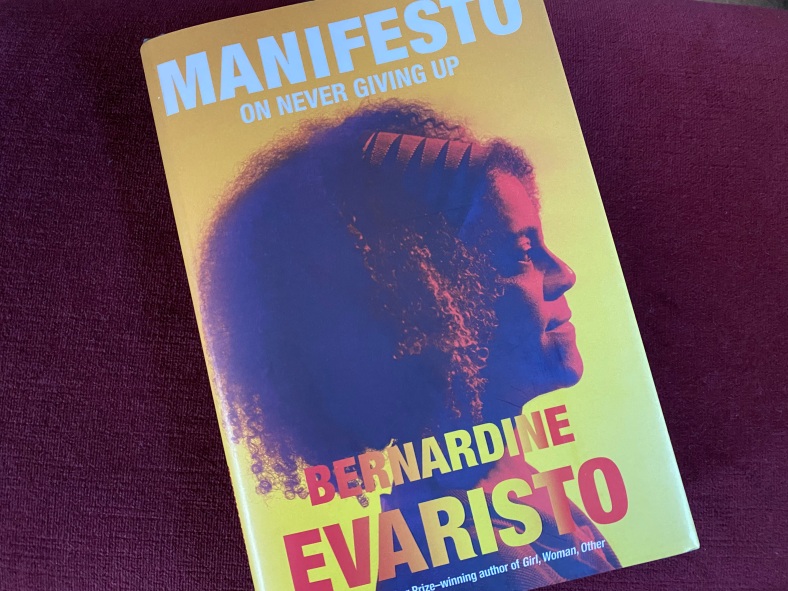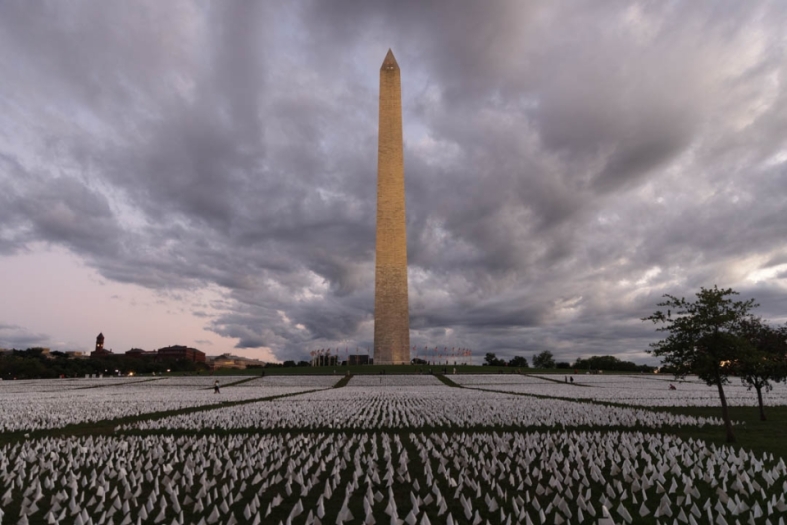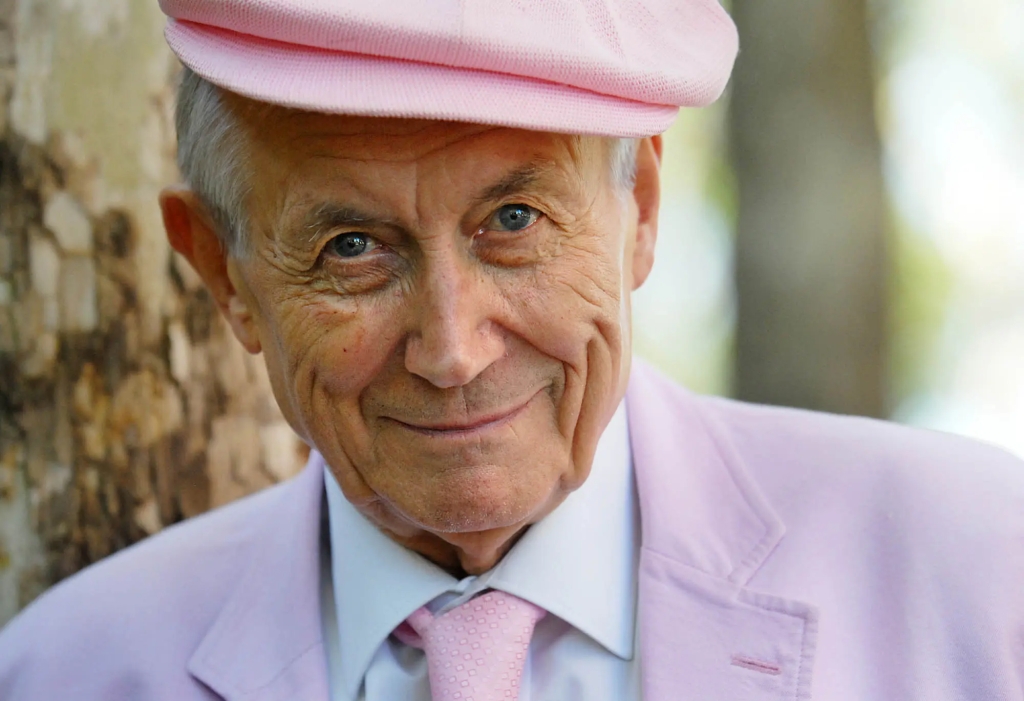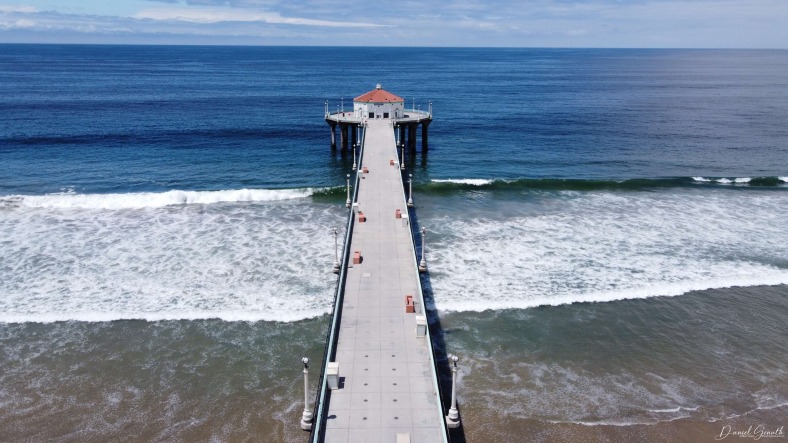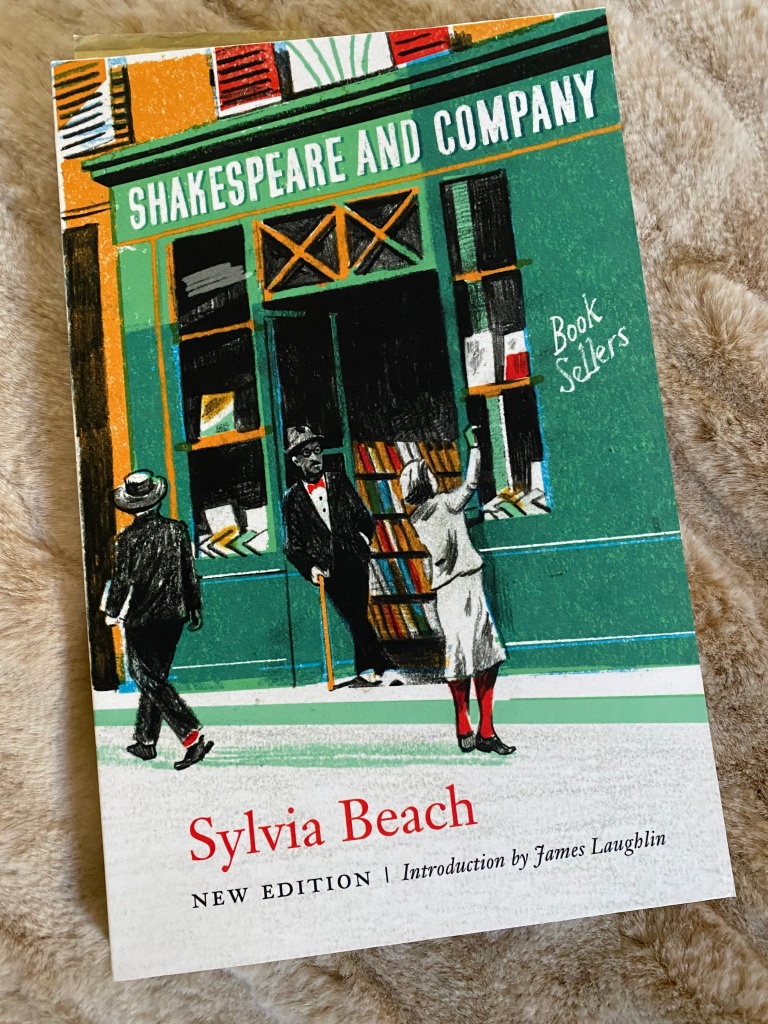One of the most intimidating aspects of job search is networking. Along with that, one of the most mysterious – finding a mentor. Why the mystery? “We don’t know anyone.” And, our pandemic isolation has limited the professional opportunities for ‘accidental’ conversations.
Maybe we’ve just made the process a bit too complicated.
Simplify and begin with two questions: Can you articulate your career expectations? Do you believe we learn from the wisdom of others? Your answers emphasize a thoughtful assessment of your talent and a willingness to accept counsel from those who have faced challenges and succeeded over time.
“The best mentorship is not a kind of leading, but a kind of being with.”
Jenny Shank
This captures the essence of the ‘guide on the side’ definition of a mentor. It’s not about a Disney created fairy godmother waving a magic wand to grant your career wish. Rather, a GPS voice, in the background, recalculating as you ‘proceed to the route’ toward your destination.
Along the way, developing a relationship with a mentor isn’t limited to career advancement. A mentor doesn’t have to be in your chosen career field. Basically, you’re looking for an adviser who is willing to share their experience, and whose advice you respect – a professional relationship that endures over time based on clear, engaged communication, beyond a specific job description.
“In a time of incredible change, professional disruption, and overwhelming loneliness, mentorship can anchor us. The connection and meaning it can bring through rapport and clarity of purpose is critical to supporting people through turmoil, and it can strengthen relationships across one’s organization.”
Mariana Tu and Michael Li
Ask questions. Be curious. Listen. Act on the feedback you receive.
“At its highest level, mentorship is about being “good people” and having the right “good people” around us — individuals committed to helping others become fuller versions of who they are.”
Anthony K. Tjan
In this time of the ‘great resignation’ little has been written about consultation and reflection. Major work/life changes can be scary and a ‘devil’s advocate’ is priceless as you evaluate the potential outcomes of your decision. When you embark on a new adventure, your ‘guide’ can help you focus and stay on course.
“A true mentor does not have to open doors but instead show us how to endure and persist with grace when doors will inevitably be shut.”
Jenny Shank
Maybe that’s what we need most right now, in a forever changed workplace – an ability to endure and persist with grace – open to the professional generosity of others.
“My work has taught me some valuable lessons, but perhaps the most important is that no matter what stage you’re at, it’s worth learning how to make an ask, nurture, and maintain these kinds of relationships.”
Janet T. Phan
Learn More:
‘What the best mentors do’ Anthony K. Tjan
‘The 5 types of mentors you need in your life’ Julia Fawal
‘What’s the right way to find a mentor?’ Janet T. Phan
‘What Great Mentorship Looks Like in a Hybrid Workplace’ Mariana Tu and Michael Li
‘Lucia Berlin: My Mentor in Being an Outsider’ Jenny Shank
